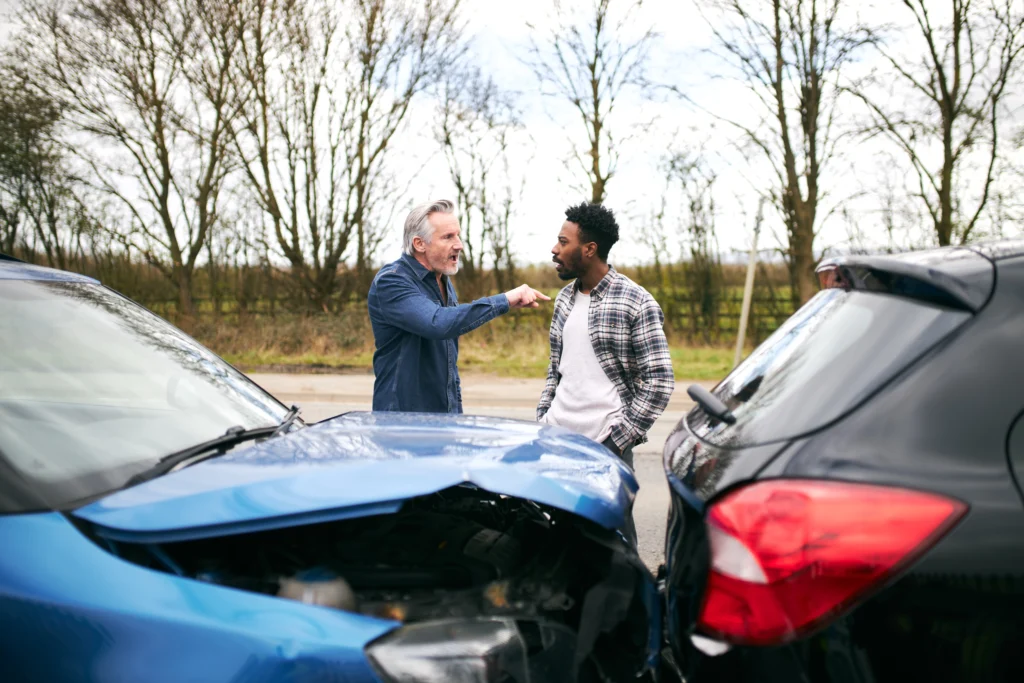
Are you preparing for a car accident deposition? If so, you might be feeling nervous and jittery. You likely wonder what to expect, what you will be asked, and how you should best respond. Getting the help of a seasoned attorney on the best ways to prepare could help ease your anxiety. At Evans Litigation and Trial Law, LLC, we have experienced litigators who know how to prepare you for your deposition. Adequate preparation can calm your nerves while helping you answer the questions presented in a fashion that is most advantageous for your case. Contact us today. And in the meantime, here is some helpful information.
How to Get Ready for a Deposition for a Car Accident
When you have an upcoming deposition for a car accident claim, there are things you can do to get ready and do your best.
Hire an Attorney
If you have not already, it is a good time to hire a lawyer. Up until this point, you may have tried to get by without hiring a lawyer, but filing a complaint and exchanging information and paperwork is a lot different than knowing how to conduct yourself in a deposition. It is essential to know what to say, what not to say, what is permissible, what is objectionable, and more. Having a seasoned attorney on your side will prevent you from making a future mistake that could be costly to your case.
Now, let’s look more specifically at how an attorney can help you prepare.
Prepare
One of the most important things to do is to prepare for your deposition. You never want to go in blind and unprepared for what’s to come. If you have an attorney, they will help you prepare for anticipated questions. They will let you know what questions to expect and how to answer them. Don’t misunderstand; an attorney cannot tell you exactly how to answer. But they can role-play with you and ask you the questions that are most likely to come up. When they hear your answer, they can suggest ways to state the facts while creating a record that helps strengthen your case. Your lawyer will also have you review any documents and records that the opposition might present. You do not want your deposition to be the first time you see the accident report, doctor’s notes, or witness statements.
Things You Should Do
Let’s look at some other things you should do during a deposition.
- Be honest and tell the truth;
- Answer the question being asked, but do not overshare or volunteer information;
- Breath and keep a slow, steady pace when answering questions; and
- Listen to your lawyer’s instructions.
Now, let’s look at some things you should not do.
Things You Should Not Do
Some things you should not do during a deposition include:
- Speculate or guess,
- Volunteer additional information. “ Let me explain” mans you are about to volunteer information,
- Argue, or
- Overembellish and exaggerate.
Above all else, it is in your best interests to consult with an experienced car accident attorney before taking a deposition. That attorney will guide you and prepare you to do your very best
What Car Accident Deposition Questions Can I Expect?
The car accident deposition questions you might expect will depend on your case’s specific facts and circumstances.
You can expect to encounter the following questions:
- What is your full name, address, and occupation?
- Have you ever been arrested?
- Have you ever filed another claim for personal injuries?
- Have you ever been injured at work?
- When and where did the accident take place?
- What were the weather conditions at the time of the accident?
- What type of car were you driving?
- Were you injured in the accident?
- Go from head to toe and tell me what was injured?
- What was the pain level of each injury?
- Did you call the police to the scene?
- Did you seek medical treatment?
- Who helped you find that medical treatment?
- Where did you seek treatment?
- What did the medical providers do for you?
- Did you get completely better?
- Is there anything you used to be able to do that you are limited in doing now?
- Is there anything you used to be able to do that you can’t do now?
You will likely be asked follow-up questions to garner more details regarding your answers. Expected questions will also depend on your role in the case. In other words, the questions asked of the plaintiff will be different from those asked of the defendant, witnesses, or experts.
How Long Does a Car Accident Settlement Take After a Deposition?
After your deposition, you may be anxious to settle your case. We are often asked, How long does a car accident settlement take after a deposition? The truth is it can range from a few days to several months. It’s also possible the case will not settle and will proceed to trial. Various factors will influence this timeline.
- The complexity of the case. Relatively simple cases may settle days or weeks after a deposition, while more complex cases may still take several months to conclude.
- Strength of the deposition testimony. If your deposition went well and provided strong, clear, and convincing testimony overall, the defendant and insurance company might be more eager to settle. If the plaintiff’s deposition was weak or unconvincing, a settlement may not be as forthcoming.
- Available evidence. After a plaintiff’s deposition, evidence may still need to be provided and reviewed, including additional depositions and expert reports. Parties may wait to settle until all evidence has been made available.
- Negotiation skills. The negotiation skills of the attorneys and parties involved can play a role in when a settlement will be reached. Strong and eager negotiators will try to reach a settlement quickly.
Even if a settlement offer is made, accepting it may not be in your best interest. It is essential to thoroughly review and consider the offer with your attorney before agreeing.
Car Accident Deposition Attorney
At Evans Litigation and Trial Law, LLC, we have extensive experience on both sides of a personal injury lawsuit. Let us use our extensive insurance defense and plaintiff experience to maximize your recovery. Contact us today!


